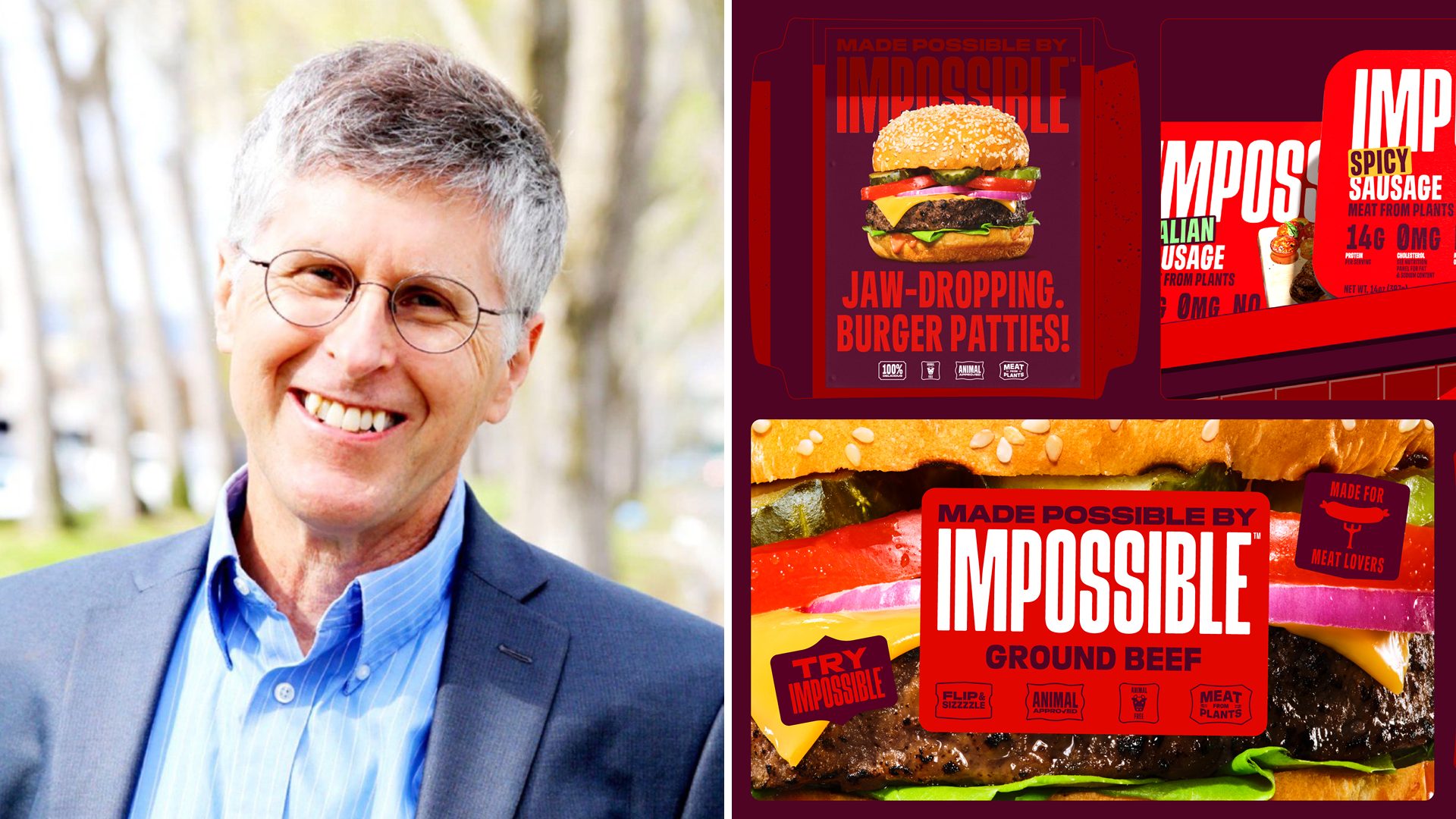The level of excitement was palpable at the Plant-Based World Conference & Expo on December 9 in New York City. The official tradeshow of the Plant Based Foods Association (PBFA) included over 200 exhibitors showcasing vibrant growth and innovation across their industry.
Plant-based offerings continue to reshape the food world, as companies large and small pour investment dollars into the sector. But key challenges remain, as mentioned during the expo’s opening keynote presentation, namely matching traditional products both on taste and price.
Meanwhile, PBFA’s new CEO Rachel Dreskin is ready to make waves. Brian Choi, CEO of The Food Institute, sat down with Dreskin to discuss her background, her vision for PBFA, and the outlook for plant-based in the years ahead.
This interview has been edited for length and clarity.
Can you share a little bit about your background?

Rachel Dreskin, CEO, Plant Based Foods Association
I became an ethical vegetarian when I was 12 or 13. Around that age, I made the connection between animals that I saw on farms where I grew up [in western rural New Jersey], and then the food that I was being served on the dinner table, and I thought I don’t feel comfortable eating this animal.
In my professional career, I studied business. I got a job at News Corp right out of school and I was working with a lot of large [consumer packaged goods] companies to promote their brands. As I learned more about the inner-workings of the food system, I thought, okay, there’s a misalignment of my values and what I’m doing in my work every day.
So, I left News Corp and got involved in the restaurant industry — I was the [general manager] of a farm-to-table restaurant for five years in Manhattan. Then I was approached by Compassion in World Farming, an international farm animal protection organization. They were looking to expand into the U.S., so I made the move and started their food business program.
Through that work, we partnered with [major multinational] food companies like McDonald’s to craft animal welfare policies that are being implemented through their entire supply networks.
From there I got really interested in, not only the reducing suffering of farmed animals, but also how to harness the power of the businesses to drive transformation toward a plant-based food system. That’s what’s led me to the Plant Based Foods Association.
PBFA was founded in 2016, and I started as the CEO in March of [2021].
How are you feeling as you walk the halls of the Expo today?
I am feeling so fueled by the energy in here. When I was putting together the strategic plan, I knew we were going to go big, and I knew we were going to be bold.
This is not the time to just take baby steps and be very timid. We have a human, planetary, and social justice imperative to start shifting to plant-based diets and a plant-based food system. The future literally depends on it.
There’s also so much more consumer awareness around [plant-based foods]. One silver lining [of COVID-19] is that people are more than ever making the connection between what they’re eating and the impacts those choices have. [They] are more concerned than ever about the environment and climate change, their own health, and animal welfare.
With all of those things combined…we have a considerable opportunity in front of us to drive positive systemic change. That’s fueling the passion that we feel in the room today.
What are some key things you want to achieve leading PBFA over the next few years?
One of the first things is to have a very strong membership base. We have about 220 company members right now, but there are so many more companies out there and new ones are starting every day. There are also large multinational companies that are starting their own plant-based lines.
It’s also very important for us to have diversification within that membership base…In terms of company size, we are interested in having the larger companies as part of our membership, but also smaller startups … there is so much passion and innovation in these brands.
We’re also looking at diversity in terms of categories. We have everything from plant based seafoods to bacon and eggs. Now we’re looking at plant-based baked goods and snacks so we have representation across the entire ever-evolving industry.
What specific products are you most excited about?
I am super excited about products that utilize ingredients that are not fully tapped into, like seaweed, algae, and mushrooms — ingredients that in a lot of ways can mimic the taste and texture of the animal-based counterpart and also have significant nutritional benefit.
In terms of category, I’m very excited about plant-based eggs, we’re going to see continued variety on the shelves. Plant-based seafood is also an extremely exciting category and plant-based pork products are a part of the market where I think we’re going see a lot of innovation and growth in the coming years.











